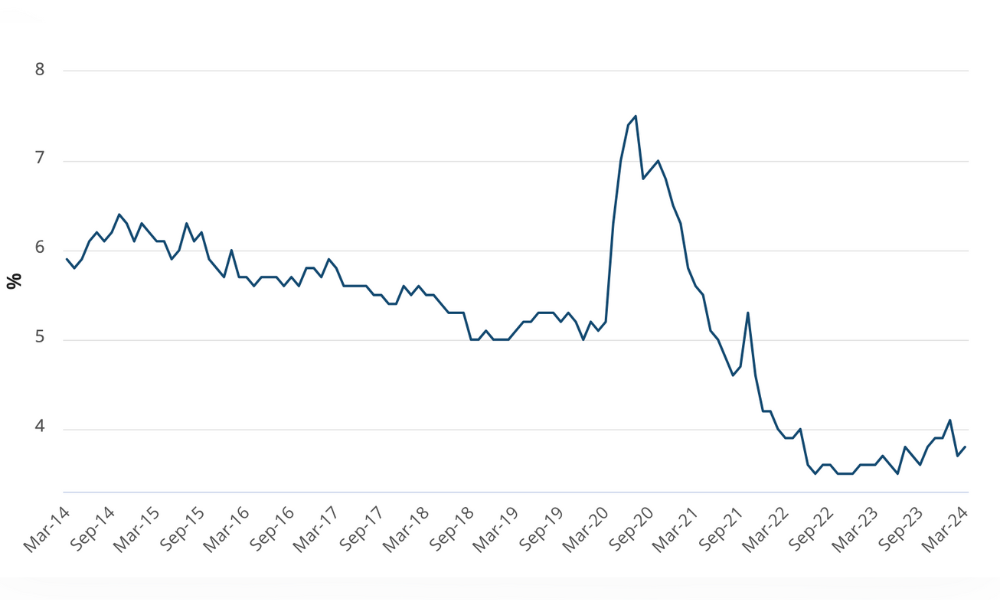The 2012/13 year is shaping up to be one full of changes to the industrial relations landscape – are you across the changes?
The 2012/13 year is shaping up to be one full of changes to the industrial relations landscape. The changes affect the costs of employing people and compliance requirements for HR professionals.
The areas of changes are very broad – some are relatively minor, such as renaming Fair Work Australia the Fair Work Commission, while others are significant, such as the mandatory increase to the superannuation contributions.
Legal experts at Dibbs Barker set out the following changes as among the most important for employers, and should be accounted for in your HR processes.
-
Superannuation: Employer superannuation contributions will be increasing over coming years and the increase to 9.25% must be implemented by 1 July 2013. Employers will need to consider how to implement the new rates, and consider how the rollout of the increases will be timed, how the increases will be absorbed into current remuneration structures or whether the total remuneration of employees will be increases. Those employers who already contribute more than the contribution cap may also need to consider how the new rates will be implemented.
-
Dad and Partner pay: On 1 January 2013 the federally funded ‘dad and partner pay’ became available, and entails payments of up to two weeks’ pay based on the national minimum wage. Related article: Bonus two weeks of paid parental leave
-
The Migration Act: Significant changes to the Migration Act 1958 (Cth) will come into effect during the first half of 2013. The most important change is the new system of ‘non-fault’ civil penalties, which may be levied against employers, directors and managers who allow employees and contractors to work without the necessary visa. As the title suggests, liability arises whether or not a person is aware of the worker’s unlawful status.
-
Privacy Act: All companies must reconsider the processes for the handling of all personal information to comply with the new Privacy Act 1988 (Cth) by 12 March 2014. While the exemptions for employee records will continue, there are a number of new measures that will affect organisations, including the risk for the first time of civil penalties being levied for breaches. Employee candidates and contractors will continue to be regulated under the new privacy laws.
-
Discrimination laws: Major changes to discrimination laws are well on their way, and are likely to be rolled out during the first half of 2013.
Related articles:
Government announces overhaul of anti-discrimination laws
Proposed law would 'end workplace banter'
Draft anti-discrimination laws open flood gates of opinion
- Workplace health and safety harmonisation: Employers should be aware of the implementation of the nationally-operating Workplace Health and Safety Acts across Australia: 1 January 2012 for the Commonwealth, NSW, Queensland, ACT and Northern Territory; and 1 January 2013 for Tasmania and South Australia. WA and Victoria are not currently joining the new system.








